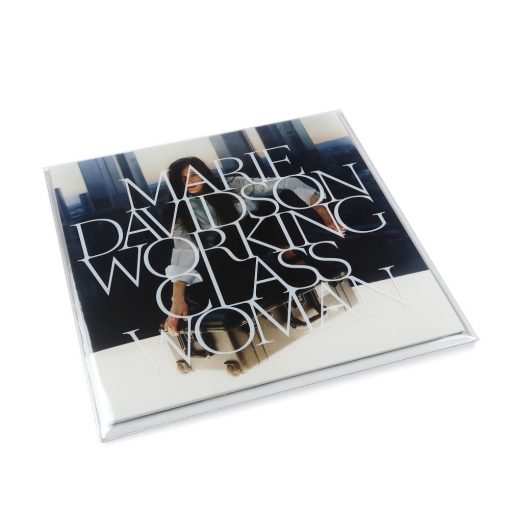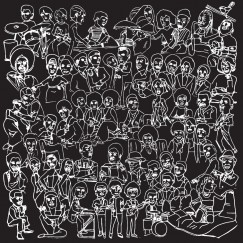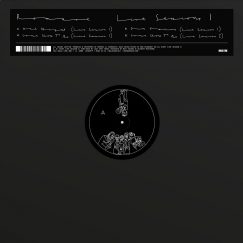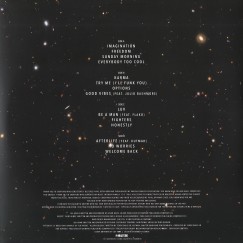Marie Davidson’s new album, on Ninja Tune, turns the mirror on herself. “Working Class Woman” is the Montreal-based producer’s fourth and most self-reflective record: it’s a document of her state of mind, a reflection of the past year she’s spent living in Berlin, and a comment on the stresses and strains of operating within the spheres of dance music and club culture. Drawing on those experiences, as well as an array of writers, thinkers and filmmakers who’ve influenced her, Davidson’s response to such difficult moments is to explore her own reaction to them and poke fun. “It comes from my brain, through my own experiences: the suffering and the humour, the fun and the darkness to be Marie Davidson.” It’s an honest document of where she currently stands. As she puts it, “It’s an egotistical album – and I’m okay with that.”
The sound of “Working Class Woman” is more direct than any of her previous outings. She still mines the same influences, from Italo Disco, to proto-industrial and electro, but leadens them with a gut-punching weight, making for a record that’s more visceral than any she’s released before. It’s combined with her characteristically-deployed spoken text – rather than spoken word, which she sees as a distinct tradition – that carries a more darkly humourous edge than before, making observations on both aspects of club culture as well as more oblique critiques of the modern world. It’s a record poised between dark and light. Industrial heaviness is balanced by Davidson’s words; dark, textured soundscapes are counterweighted by statements or observations which never take themselves too seriously. It’s something that’s encapsulated in the driving momentum of ‘So Right’: it matches pared back lyrics with a melodic bassline and bright synths, her words sketching out a euphoric feeling that chimes with the music. It’s the first single from the record, and comes backed by a John Talabot remix, where he slows down the momentum, creating a mellow pace guided a languorous bassline.
Ninja Tune
Additional information
| Weight | 350 g |
|---|---|
| Dimensions | 32 × 0.3 × 32 cm |
| Label | |
| Artist | |
| Genre |





































